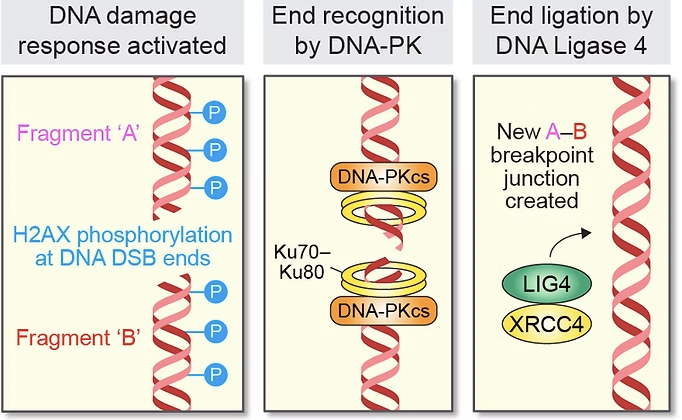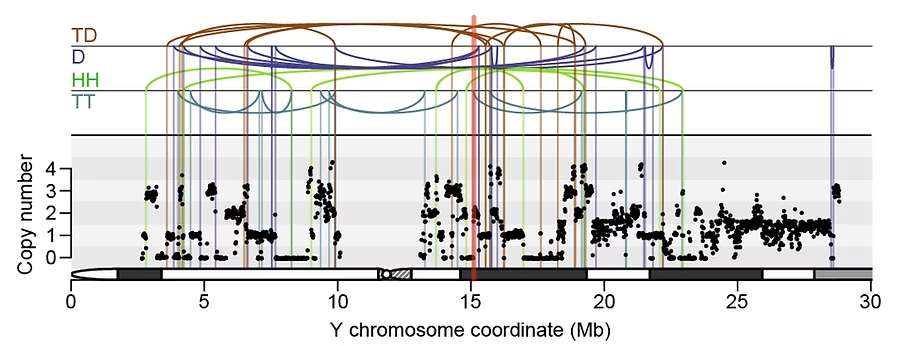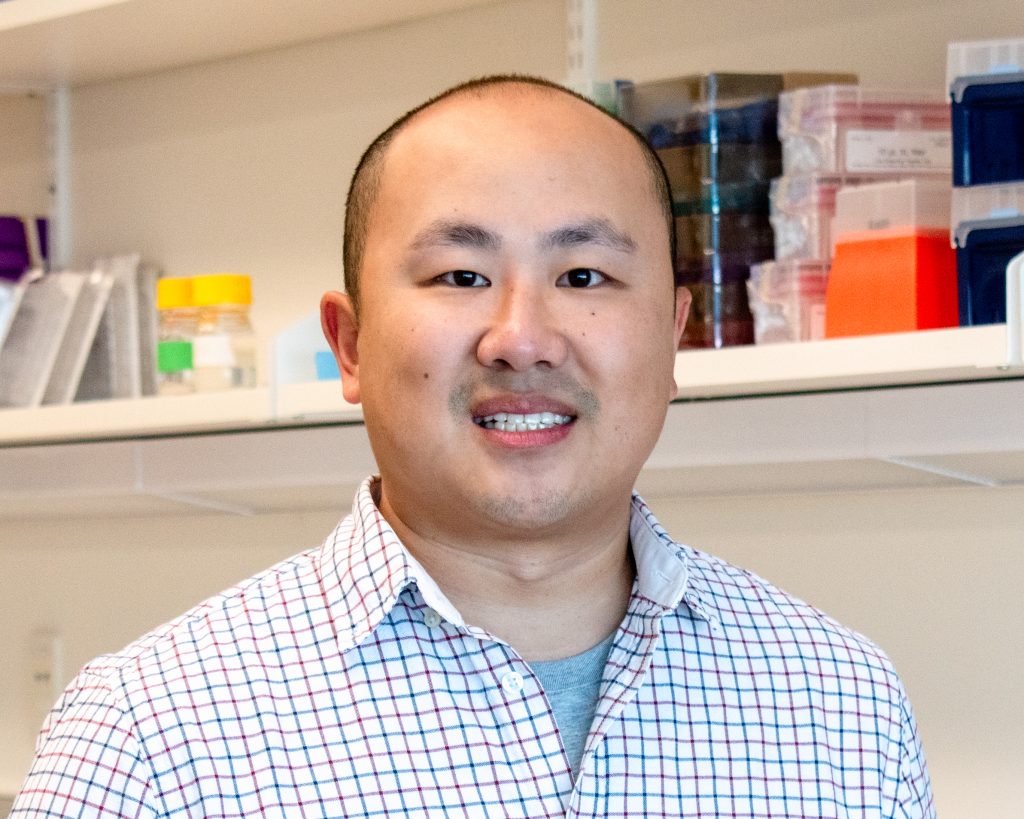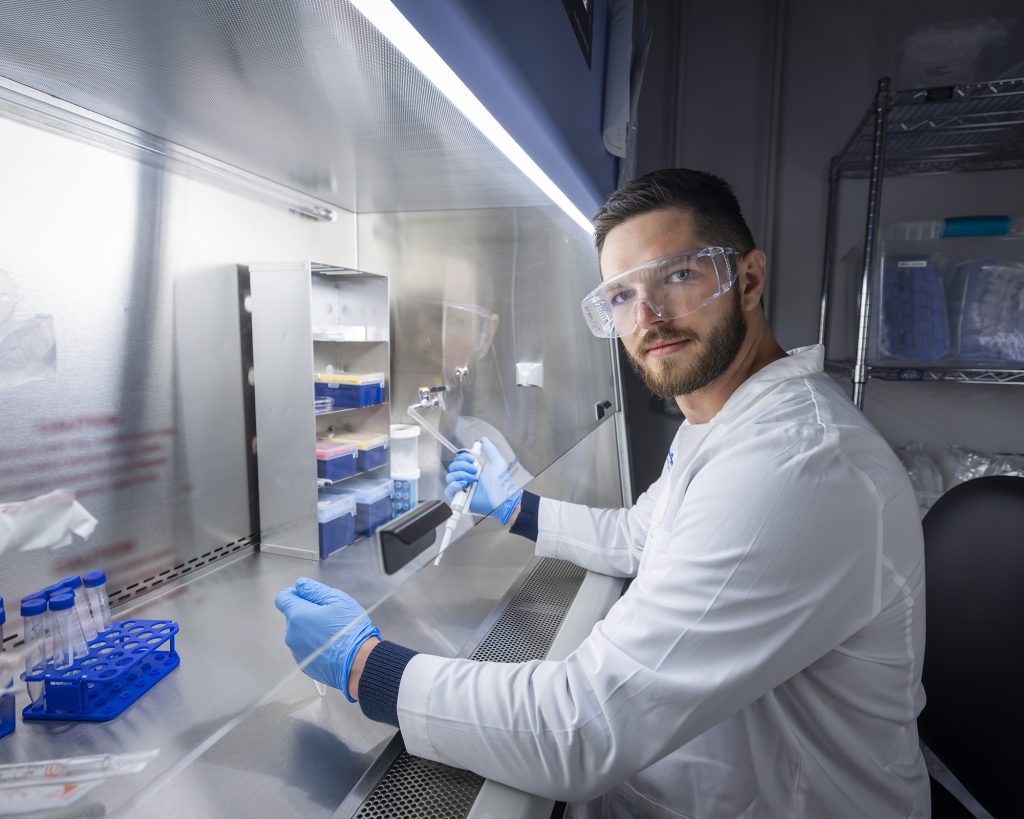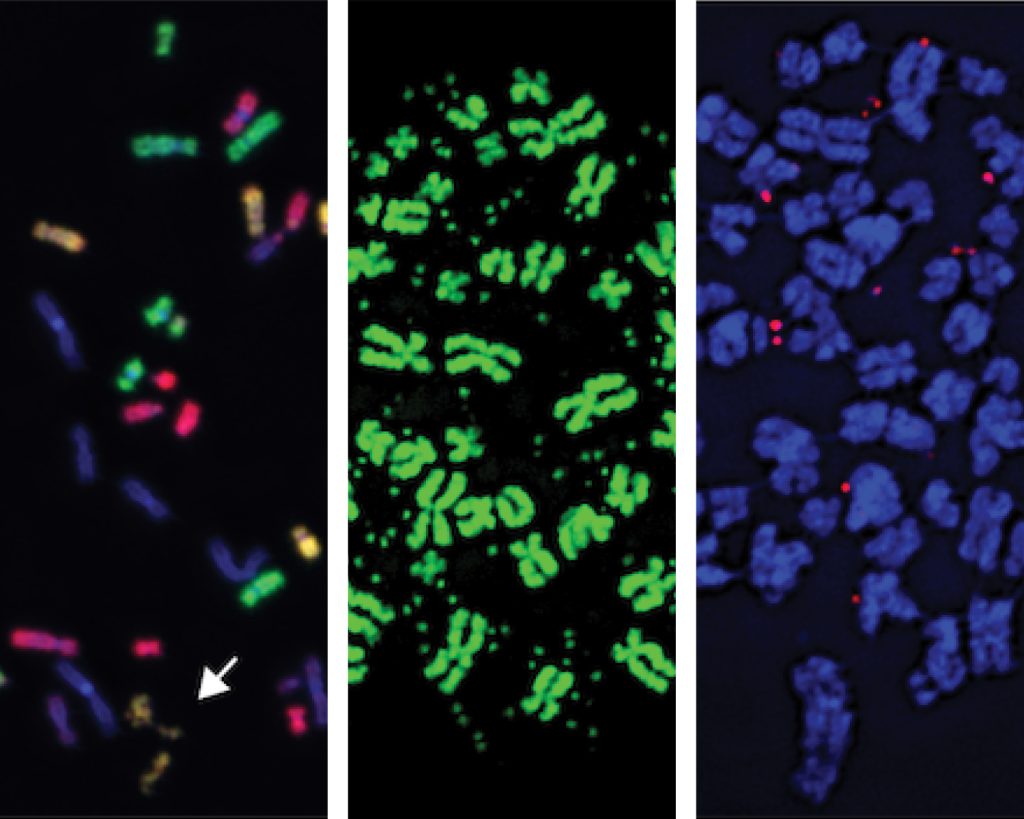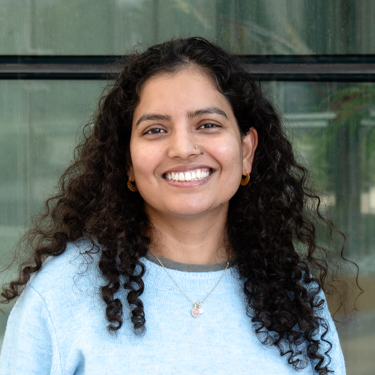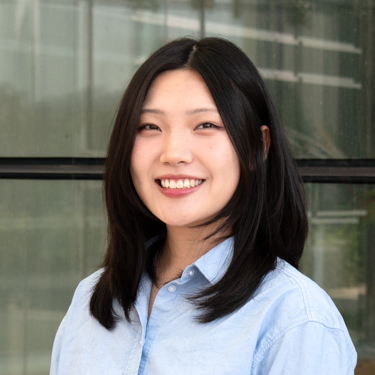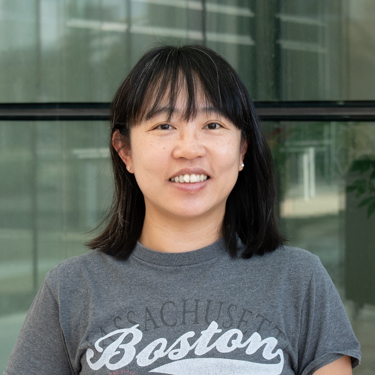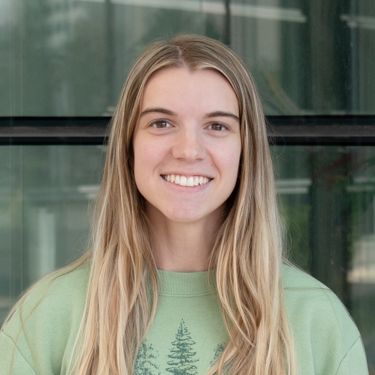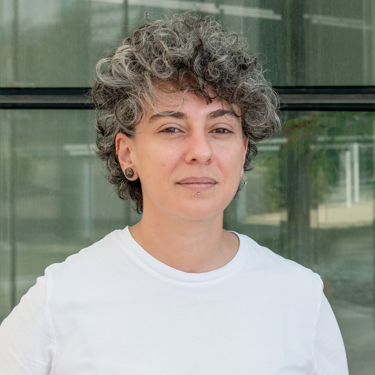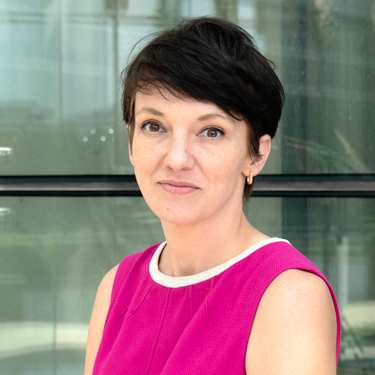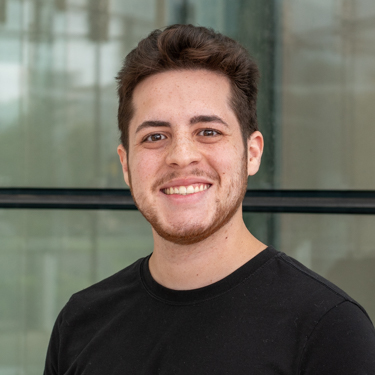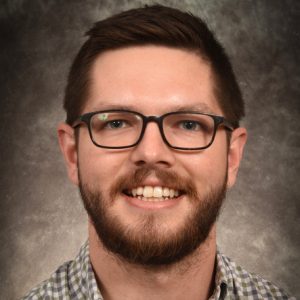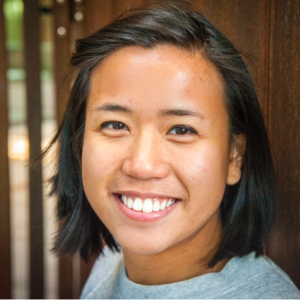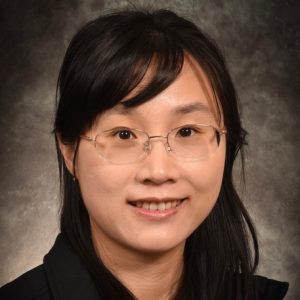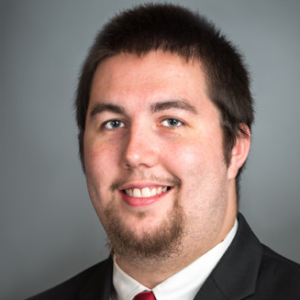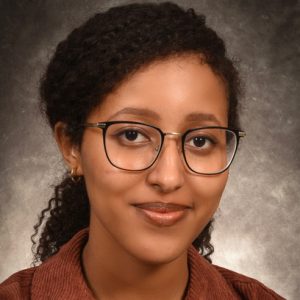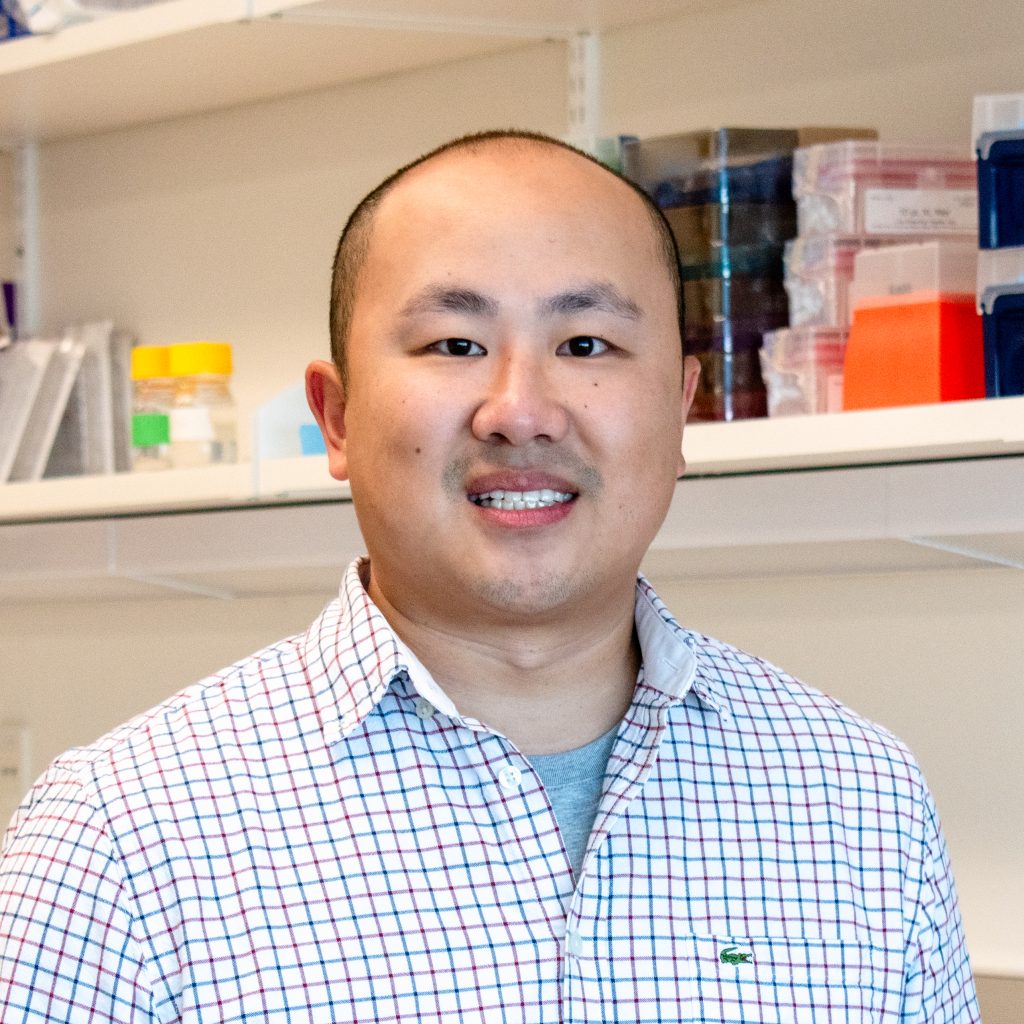

Peter Ly, Ph.D.
Peter Ly, Ph.D., received his bachelor’s in biology from Baylor University and his doctorate in cancer biology from UT Southwestern Medical Center. His graduate work with Dr. Jerry Shay and Dr. Woodring Wright examined how aneuploidy, an abnormal number of chromosomes, contributes to malignant transformation. In 2013, Dr. Ly pursued postdoctoral training at the Ludwig Institute for Cancer Research at the University of California San Diego with Dr. Don Cleveland. His postdoctoral research focused on understanding how mitotic chromosome segregation errors drive complex genomic rearrangements through a process called chromothripsis. In 2019, Dr. Ly returned to UT Southwestern to establish his independent group in the Department of Pathology, and, in 2025, Dr. Ly joined CRI. He holds secondary appointments in Cell Biology, Pediatrics, and the Harold C. Simmons Comprehensive Cancer Center at UT Southwestern.



